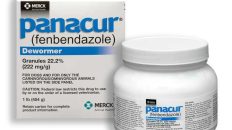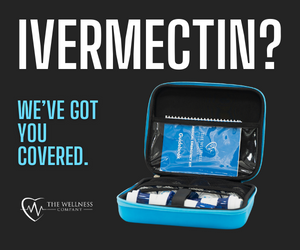by fairewindsenergy
Jun 12, 2011
Original estimates of xenon and krypton releases remain the same, but a TEPCO recalculation shows dramatic increases in the release of hot particles. This confirms the results of air filter monitoring by independent scientists. Fairewinds’ Arnie Gundersen explains how hot particles may react in mammals while escaping traditional detection. Reports of a metallic taste in the mouth, such as those now being reported in Japan and on the US West Coast, are a telltale sign of radiation exposure.
===
Alexndra Bruce notes:
A new report from independent scientists in Japan found a much greater release of “hot particles” from the Fukushima power plant than originally estimated. These include radioactive isotopes of cesium, strontium, uranium, plutonium, cobalt-60 and many others.
The average person in Tokyo is thought to have inhaled 10 “hot particles” per day, throughout the month of April 2011. The inhabitants of Fukushima were estimated to have inhaled 30-40 times more than that — or up to 400 hot particles per day, every day that month.
In Seattle, WA in the Northwestern US, it is estimated that the average person absorbed 5 “hot particles” per day during the month of April 2011. These invisible atomic particles can become lodged in your lungs, intestines, bone or muscle.
A Geiger counter CANNOT measure whether or not someone has ingested a hot particle but we know they’re here because the air filters have measured these radioactive particles and they’ve been found in the topsoil, in water supplies and in the milk produced on both coasts of the US. This suggests that the same would be true of the meat of any livestock raised outdoors – and of the vegetables grown outdoors.
A photograph of a monkey’s lung is shown, with a major depression at its center, where a “hot particle” is embedded in the tissue. This particle has bombarded the surrounding tissue with radiation and damaged it quite dramatically; just one particle. Gundersen says the body will fight off an irritant such as this and it will usually win but sometimes, a hot particle will cause cancer.
It only takes ONE of these particles to trigger a cancer.












Add comment